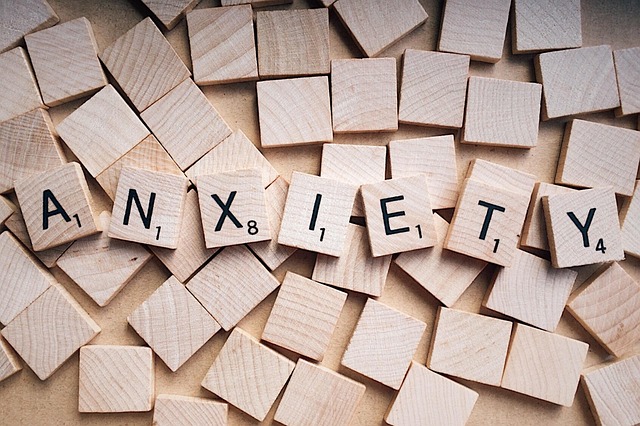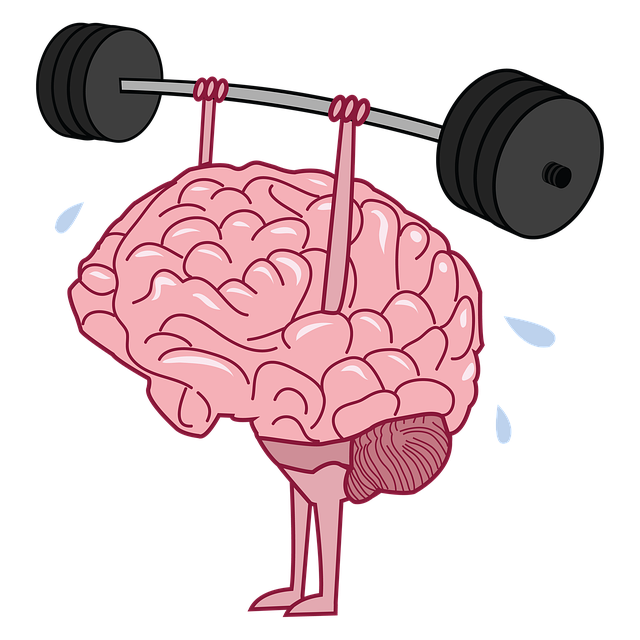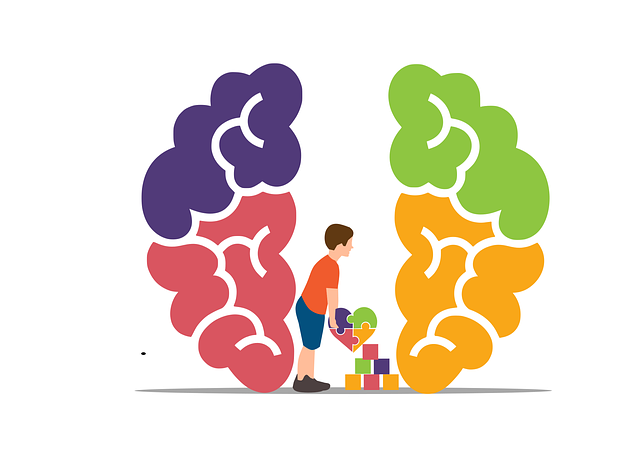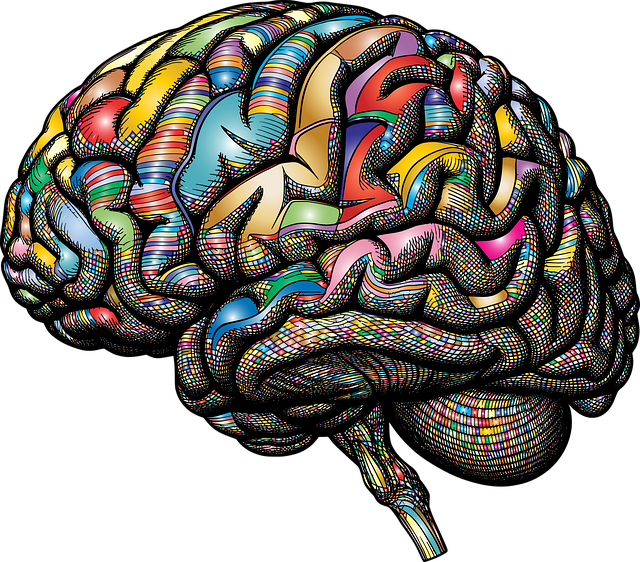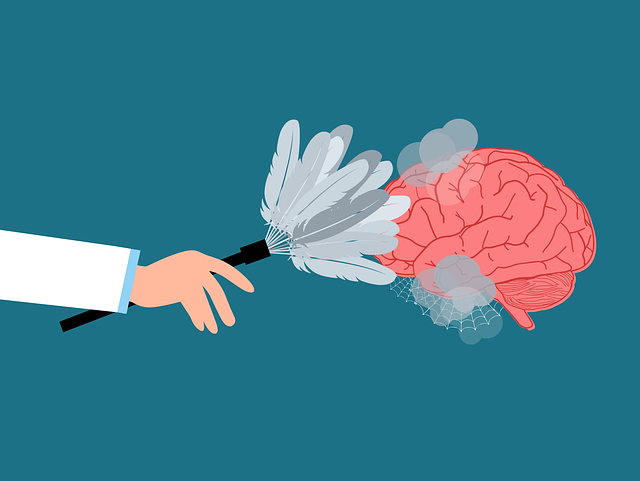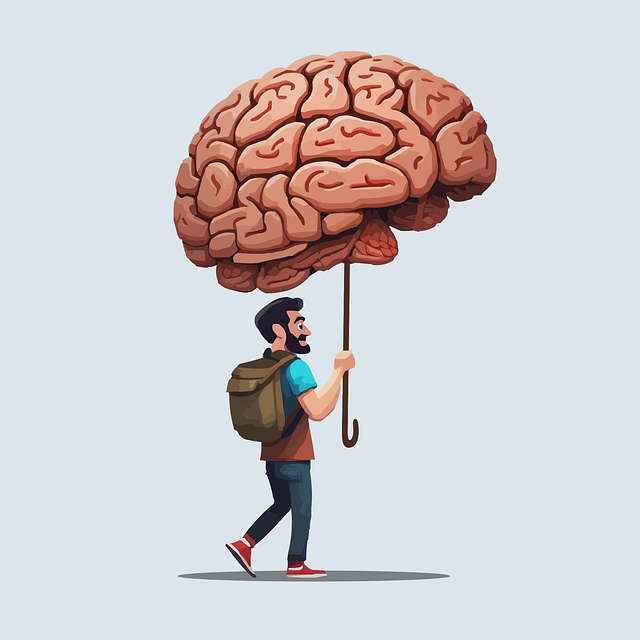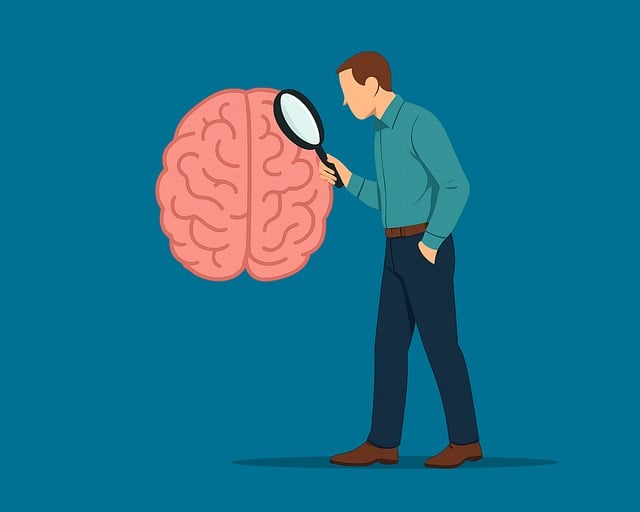Mental wellness apps, including those focused on Englewood Functional Neurological Disorder (EFND) Therapy, have transformed mental health support in the digital age. These personalized, accessible tools complement traditional therapy or serve as stand-alone resources for stress reduction, mood management, and symptom control related to EFND. By integrating evidence-based strategies like CBT exercises, meditation guides, and community forums, these apps empower users while advancing mental health advocacy. Regular updates based on Mental Health Policy Analysis ensure their relevance, catering to diverse age groups and skill levels through user-friendly interfaces.
Mental wellness apps have emerged as powerful tools, offering tailored support for various mental health conditions. In this article, we explore the development of an innovative solution: an Englewood Functional Neurological Disorder (EFND) therapy app. We’ll delve into the significance of these applications and their impact on improving mental well-being. Additionally, we’ll highlight key features and design considerations to create effective apps, focusing on EFND treatment, ensuring accessibility and user engagement for those seeking support.
- Understanding Mental Wellness Apps and Their Impact
- Developing an Englewood Functional Neurological Disorder Therapy App
- Key Features and Considerations for Effective App Design
Understanding Mental Wellness Apps and Their Impact

Mental wellness apps have emerged as powerful tools in the digital age, offering innovative solutions for individuals seeking support for their mental health. These applications focus on various aspects of mental wellness, from stress reduction methods and mood management to engaging users in therapeutic practices tailored to their unique needs. By leveraging technology, they provide accessible and often personalized experiences that complement traditional therapy or serve as a stand-alone resource for those who prefer digital solutions.
Englewood Functional Neurological Disorder (EFND) Therapy is one such example, demonstrating the potential of mental wellness apps. EFND apps utilize interactive exercises and mindfulness techniques to help users navigate and manage symptoms associated with neurological disorders. This personalized approach not only empowers individuals but also contributes to a broader Mental Health Policy Analysis and Advocacy effort by promoting self-care and reducing the stigma surrounding mental health issues. Such applications have the potential to reach a vast audience, offering discreet and convenient support for those seeking to improve their mood management skills and overall mental wellness.
Developing an Englewood Functional Neurological Disorder Therapy App

Developing an Englewood Functional Neurological Disorder (EFND) Therapy App is a significant step in addressing a growing mental health concern. EFND, characterized by challenges in brain function impacting daily life, requires tailored interventions. This app aims to provide accessible and personalized therapy options, focusing on self-care practices and self-awareness exercises designed specifically for EFND symptoms. By leveraging digital tools, users can access resources that enhance their understanding of the disorder and empower them to manage their mental health effectively.
Incorporating evidence-based strategies within the app ensures its effectiveness in supporting individuals navigating EFND. Features may include interactive modules on stress management, cognitive exercises, and community forums for peer support, all contributing to a holistic approach to mental wellness. Given the evolving landscape of Mental Health Policy Analysis and Advocacy, such apps have potential to bridge gaps in access to care, offering convenient and discrete support whenever needed.
Key Features and Considerations for Effective App Design

An effective mental wellness app should be designed with a deep understanding of user needs and the latest therapeutic techniques in mind. Key features include personalized dashboards that allow users to track their mood, set achievable goals, and access tailored content like meditation guides or cognitive-behavioral therapy (CBT) exercises. Integration of communication strategies, such as secure messaging or community forums, fosters support networks crucial for recovery, especially for those dealing with conditions like Englewood Functional Neurological Disorder Therapy.
The app should also incorporate Mind Over Matter principles by offering interactive tools that promote positive thinking and resilience. Regular updates based on the latest Mental Health Policy Analysis and Advocacy can ensure the app remains relevant and aligned with best practices in mental healthcare. User interface design should prioritize simplicity and accessibility, making it user-friendly for individuals across different age groups and technological proficiency levels.
Mental wellness apps, such as those designed for Englewood Functional Neurological Disorder Therapy, are transforming access to care. By incorporating engaging features and evidence-based practices, these applications offer personalized support for managing symptoms and improving overall well-being. As technology advances, developers have a unique opportunity to create innovative tools that cater to diverse mental health needs, making professional assistance more accessible and effective than ever before.
